In recent years, the healthcare landscape has been steadily moving towards more patient-centric models, focusing on convenience and quality of life. A major part of this move has seen the launch of home-based therapies and low-frequency treatment regimens. These approaches offer many benefits, particularly for individuals with chronic conditions such as multiple sclerosis (MS) and even AIDS, as evidenced by the rollout of Merck’s oral treatment, cladribine, for relapsing multiple sclerosis (RMS)1 and Gilead’s progress in the development of lenacapavir, an annual injection designed to guard against HIV infection.2
Enhanced convenience and reduced hospital visits
Current treatments for chronic conditions, such as MS, typically involve regular trips to hospital, drug infusions, frequent injections and extensive monitoring, all of which become a burden for patients as well as the healthcare system.1 It is well documented that complex medication regimens have a negative impact on the quality of life (QoL) of people with chronic conditions.3 Simplifying treatment administration and frequency should therefore benefit patients in terms of QoL and treatment adherence.4 The NICE approval and NHS England’s rollout of cladribine will therefore likely be welcomed by people with MS. Previously, cladribine was only approved for patients with the severe highly-active form of the disease, but following the NICE decision, it will now be available to those with active relapsing-remitting MS, who comprise 85% of the 150,000 patients in the UK diagnosed with the disease.1 Cladribine is a tablet which can be taken at home, allowing patients to manage their condition more easily.1 The treatment regimen necessitates a maximum of 10 days of treatment in the first year and 10 days in the second year, with no additional treatment necessary. This will significantly reduce the need for hospital visits, giving patients greater convenience and flexibility in their daily lives.1
Benefits also extend to the healthcare system. The cladribine rollout is projected to save thousands of clinical hours each year, thereby freeing-up NHS capacity1.
Further developments in reduced-frequency medications are ongoing. One study has recently reported positive results for an annual injection of lenacapavir – a prophylactic drug designed to protect against HIV infection.5 In this Phase I study, a once-yearly intramuscular injection was as effective and as well tolerated as a twice-yearly subcutaneous injection. This suggests great promise for annual dosing of people who live in areas where HIV is highly prevalent. Currently, many people take tablets daily or injections every eight weeks for pre-exposure prophylaxis but, unsurprisingly, adherence is an issue. An annual injection would therefore be a major breakthrough in HIV prevention.
Cost-effectiveness and resource optimisation
Improving adherence is known to be one of the most impactful and cost-effective strategies for improving the health of the general population.4 It has been estimated that about 50% of patients with chronic diseases are non-adherent with their medications to some extent.4 This has huge implications for health outcomes and consequently healthcare costs. For example, the annual cost to NHS England of non-adherence by patients across five major conditions (asthma, type 2 diabetes, high cholesterol/coronary heart disease, hypertension, and schizophrenia) has been estimated to be more than £930 million.6 If adherence could be improved, the NHS could save £500 million per year.6 This highlights the importance of continued development of home-based therapies and low-frequency treatments to reduce the need for frequent hospital visits, avoid complicated treatment regimens, and improve adherence. With the resulting benefits to patient outcomes and cost savings, healthcare providers can allocate their resources more effectively, focusing on patients who require more intensive care.1
Challenges and considerations
While the benefits are substantial, it’s essential to acknowledge potential challenges. Not all patients may be suitable candidates for home-based therapies due to varying disease severities, comorbidities, or lack of support at home. Additionally, ensuring adherence to treatment protocols without direct supervision can be challenging. Therefore, patient selection and education are crucial to maximise the benefits of these treatment approaches.
Summary
The shift towards home-based therapies and low-frequency treatment regimens represents significant advancements in patient-centred care. By enhancing convenience, improving quality of life and optimising healthcare resources, these approaches offer a clear benefit to patients managing chronic conditions such as MS and AIDS1,2. As healthcare continues to evolve, embracing such innovative treatment models will be pivotal in meeting the diverse needs of patients and helping the healthcare system work as efficiently as possible.
To discuss this topic further or find out how else we can help you build your brands and business, please contact hello@solarishealth.com
References
- The Guardian. MS patients in England to benefit from major roll out of take-at-home pill. March 2025. Available at: https://www.theguardian.com/society/2025/mar/12/nhs-england-first-in-europe-roll-out-take-at-home-pill-multiple-sclerosis
- Annual jab for HIV protection passes trial hurdle. March 2025. Available at: https://www.bbc.co.uk/news/articles/cewk4qlrd4po
- Gebresillassie, B. M., & Kassaw, A. T. Exploring the Impact of Medication Regimen Complexity on Health‐Related Quality of Life in Patients with Multimorbidity. Journal of Clinical Pharmacy and Therapeutics. 2023(1), 1744472.
- Baryakova TH, Pogostin BH, Langer R, McHugh KJ. Overcoming barriers to patient adherence: the case for developing innovative drug delivery systems. Nat Rev Drug Discov. 2023;22(5):387-409.
- Jogiraju V, Pawar P, Yager J, et al. Pharmacokinetics and safety of once-yearly lenacapavir: a phase 1, open-label study. Lancet. 2025;405(10485):1147-1154.
- Elliott RA, Boyd MJ, Salema NE, et al. Supporting adherence for people starting a new medication for a long-term condition through community pharmacies: a pragmatic randomised controlled trial of the New Medicine Service. BMJ Qual Saf. 2016;25(10):747-58.


